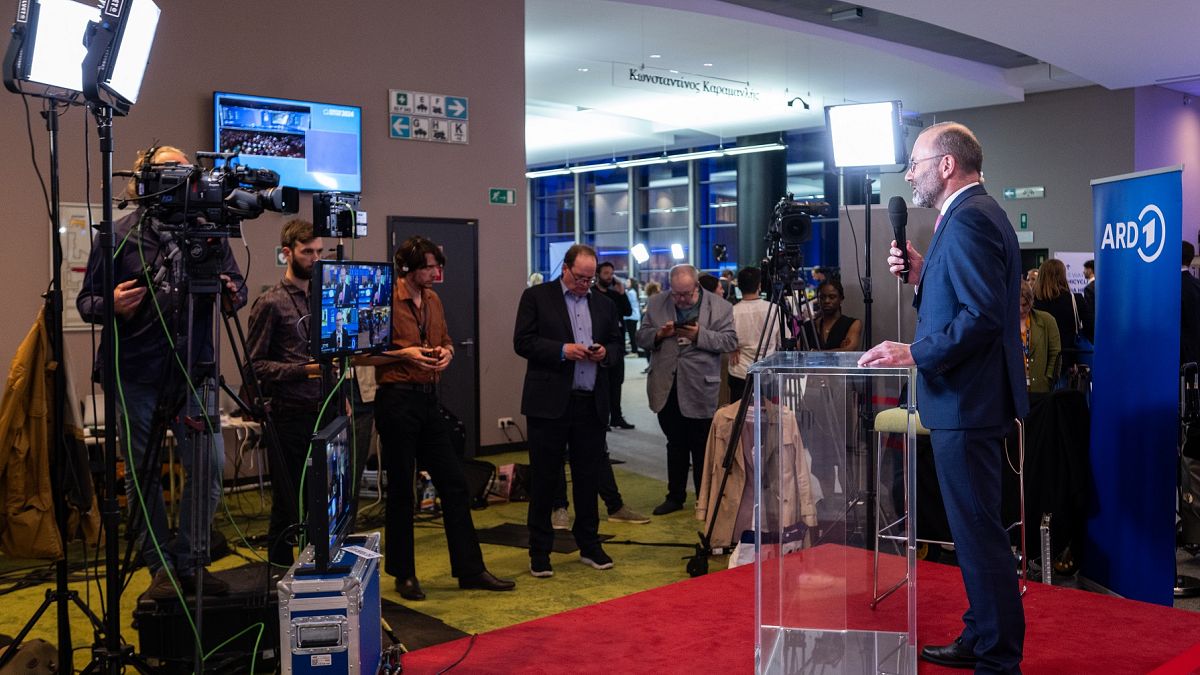Following the recent European Parliament elections, which saw a shift to the right, there is speculation on the future of the European Green Deal. This ambitious program aims to achieve carbon-neutrality by 2050 and reverse biodiversity loss. While conservative and far-right groups have gained seats in many countries, it is unlikely that the Green Deal will be completely overturned. Chris Rosslowe, a senior data analyst, believes that the support for climate action is still strong across Europe, despite some setbacks for the Greens in certain countries.
Despite the shift in the political landscape, key policies such as the Renewable Energy Directive are already making a measurable impact, with record additions of wind and solar power. The majorities that supported the adoption of the European Green Deal remain largely unchanged, indicating a continuation of climate action policies. In fact, there has been a call for broad coalition building, with Green MEPs willing to compromise on certain manifesto positions to support the re-election of Ursula von der Leyen as European Commission president.
While there are concerns about a potential slowdown in green policymaking and less ambitious legislation, it is unlikely that the EU will completely reverse the environmental progress made in recent years. The focus may now shift towards security and competitiveness, with environmental issues taking a backseat in policy discussions. However, existing climate, energy, and environmental legislation is expected to remain in place, with exceptions such as the ban on new petrol and diesel cars and greenhouse gas emission targets facing potential scrutiny.
The upcoming EU Council summit is expected to set the agenda for the next five years, emphasizing security and competitiveness over environmental issues. Despite this shift, the European Green Deal is expected to continue its implementation, with support for the energy transition and the future of European manufacturing. The Green Party has also gained a key player in the form of outgoing environment commissioner Virginijus Sinkevičius, who has been elected as an MEP in Lithuania. Sinkevičius is expected to continue defending Green Deal proposals in the parliament and push for further environmental action.
Overall, while the recent elections have led to a right-leaning European Parliament, it is unlikely to result in a complete reversal of the European Green Deal or existing environmental legislation. Climate action remains a priority for many European countries, and there is still support for green policies across the continent. With a continued focus on the energy transition and environmental sustainability, the EU is expected to move forward with its commitment to carbon-neutrality by 2050 and biodiversity conservation, despite potential challenges from right-wing political groups.











